Tyrosine Kinase
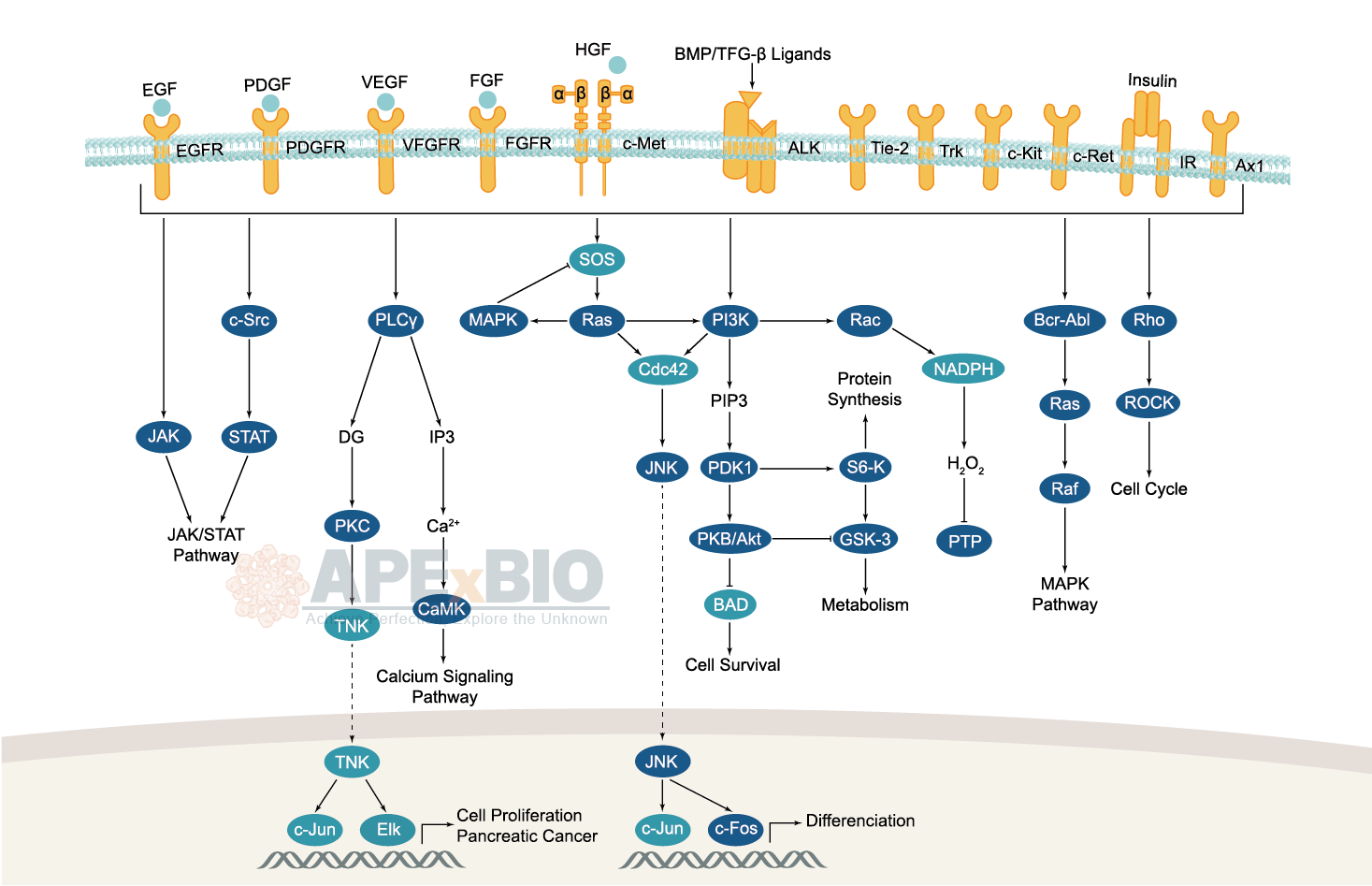
Receptor tyrosine kinases bind to extracellular ligands/growth factors, which promotes receptor dimerization and autophosphorylation of receptor tyrosine residues. This triggers a cascade of downstream events through phosphorylation of intracellular proteins that ultimately transduce the extracellular signal to the nucleus, causing changes in gene expression. Receptor tyrosine kinases include EGFR/ErbB, PDGFR, VEGFR, FGFR and MET subfamilies etc. Dysfunctions in tyrosine phosphorylation are linked to oncogenic transformation. In additions, various adaptor and effector proteins couple to carboxy-terminal of an active kinase. For instance, binding of the GRB2 adaptor protein activates EGFR and MAPK/ERK signaling.
Non-receptor tyrosine kinases involve many well-defined proteins (e.g. the Src family kinases, c-Abl, and Jak kinases) and other kinases which regulates cell growth and differentiation. For example, Src family kinases are curial for activating and inhibitory pathways in the innate immune response.
-
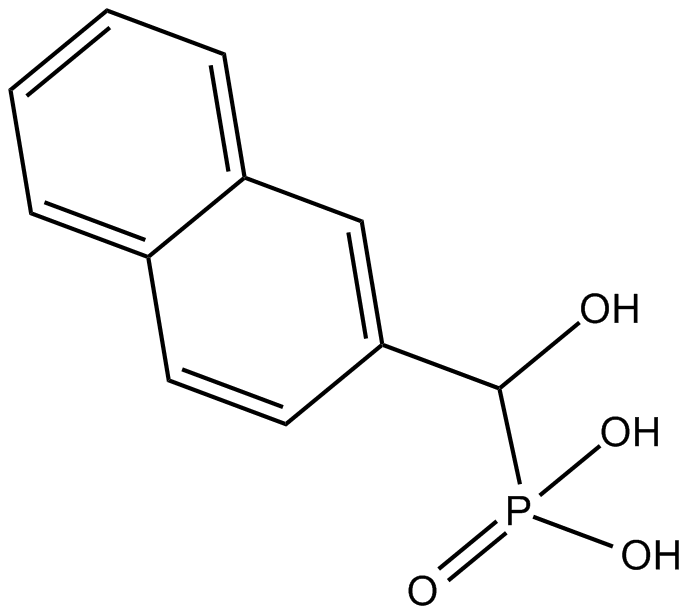 C5553 HNMPASummary: cell impermeable tyrosine kinase inhibitor
C5553 HNMPASummary: cell impermeable tyrosine kinase inhibitor -
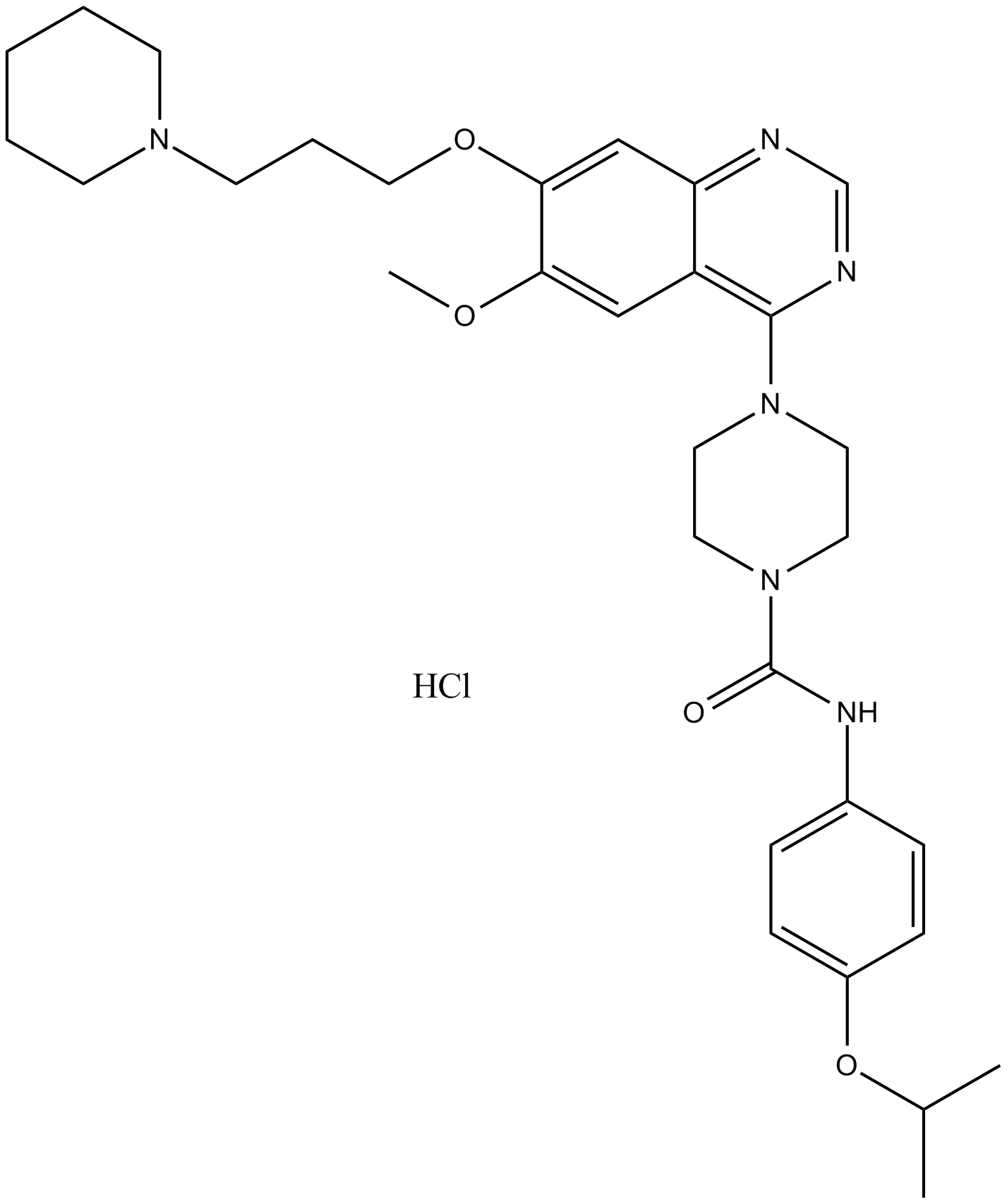 B7853 Tandutinib (MLN518) HClSummary: FLT3 inhibitor,potent and selective
B7853 Tandutinib (MLN518) HClSummary: FLT3 inhibitor,potent and selective -
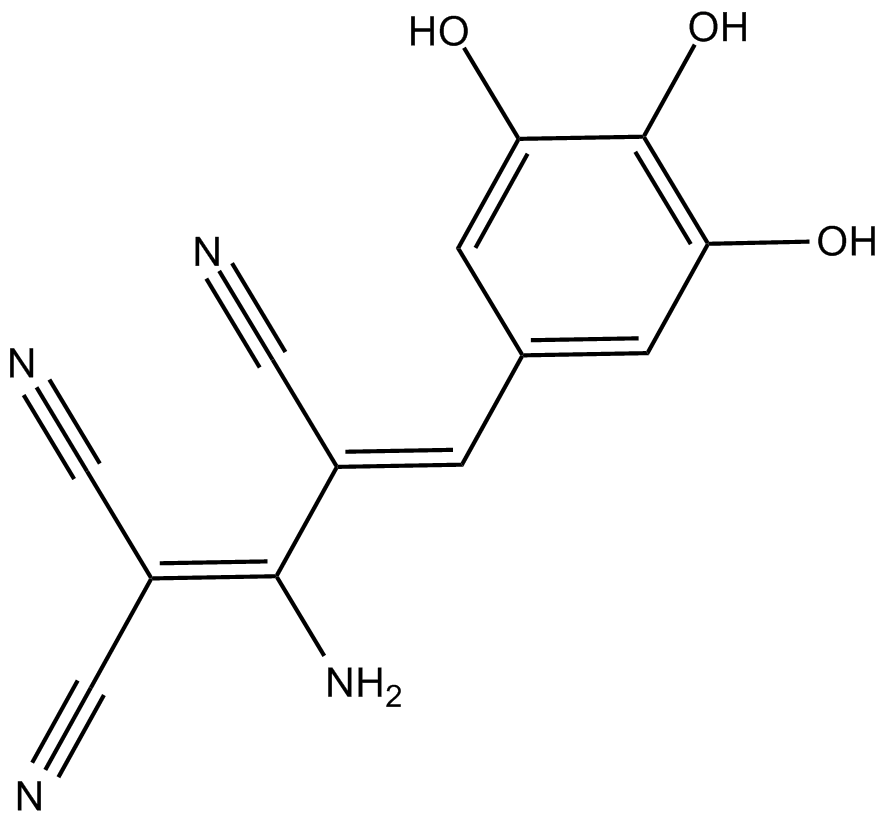 C4844 AG-183Summary: inhibitor of epidermal growth factor (EGF) receptor kinase
C4844 AG-183Summary: inhibitor of epidermal growth factor (EGF) receptor kinase -
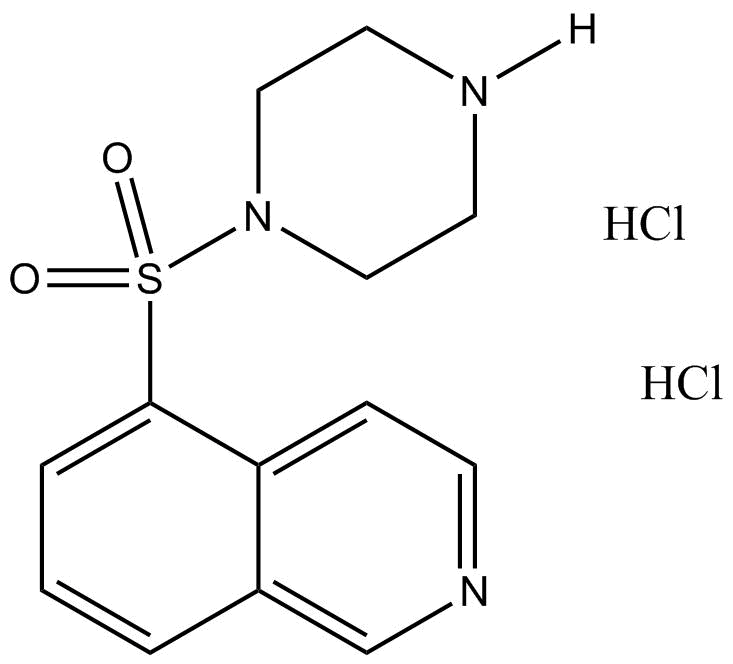 C4953 HA-100 (hydrochloride)Summary: inhibitor of protein kinases (PKs)
C4953 HA-100 (hydrochloride)Summary: inhibitor of protein kinases (PKs) -
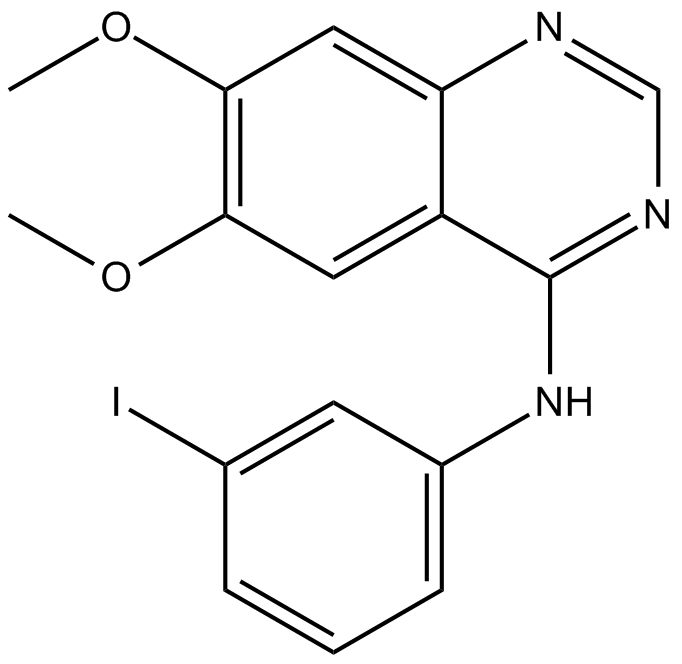 C5417 AG-1557Summary: inhibitor of epidermal growth factor receptor (EGFR) tyrosine kinase
C5417 AG-1557Summary: inhibitor of epidermal growth factor receptor (EGFR) tyrosine kinase -
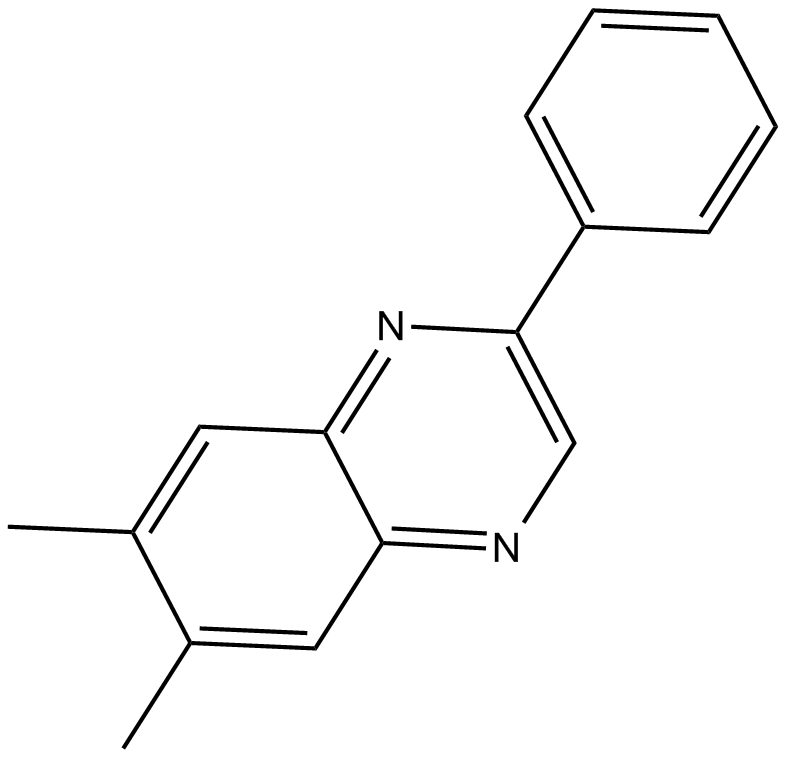 C5465 AG-1295Summary: potent and selective inhibitor of PDGF receptor kinase
C5465 AG-1295Summary: potent and selective inhibitor of PDGF receptor kinase -
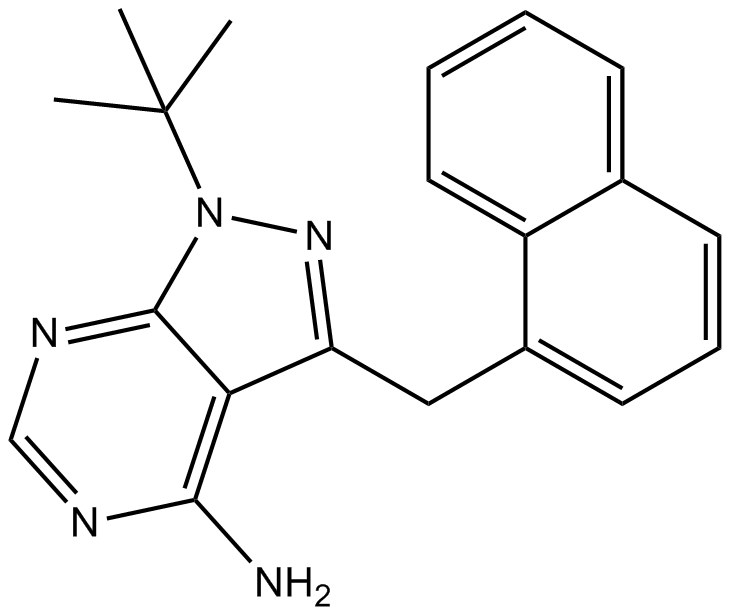 B1299 1-NM-PP1Target: Cyclin-Dependent Kinases|Bcr-Abl|Src|Ca2 /calmodulin-dependent protein kinases (CaMKs)|c-FynSummary: Pp60c-src inhibitor
B1299 1-NM-PP1Target: Cyclin-Dependent Kinases|Bcr-Abl|Src|Ca2 /calmodulin-dependent protein kinases (CaMKs)|c-FynSummary: Pp60c-src inhibitor -
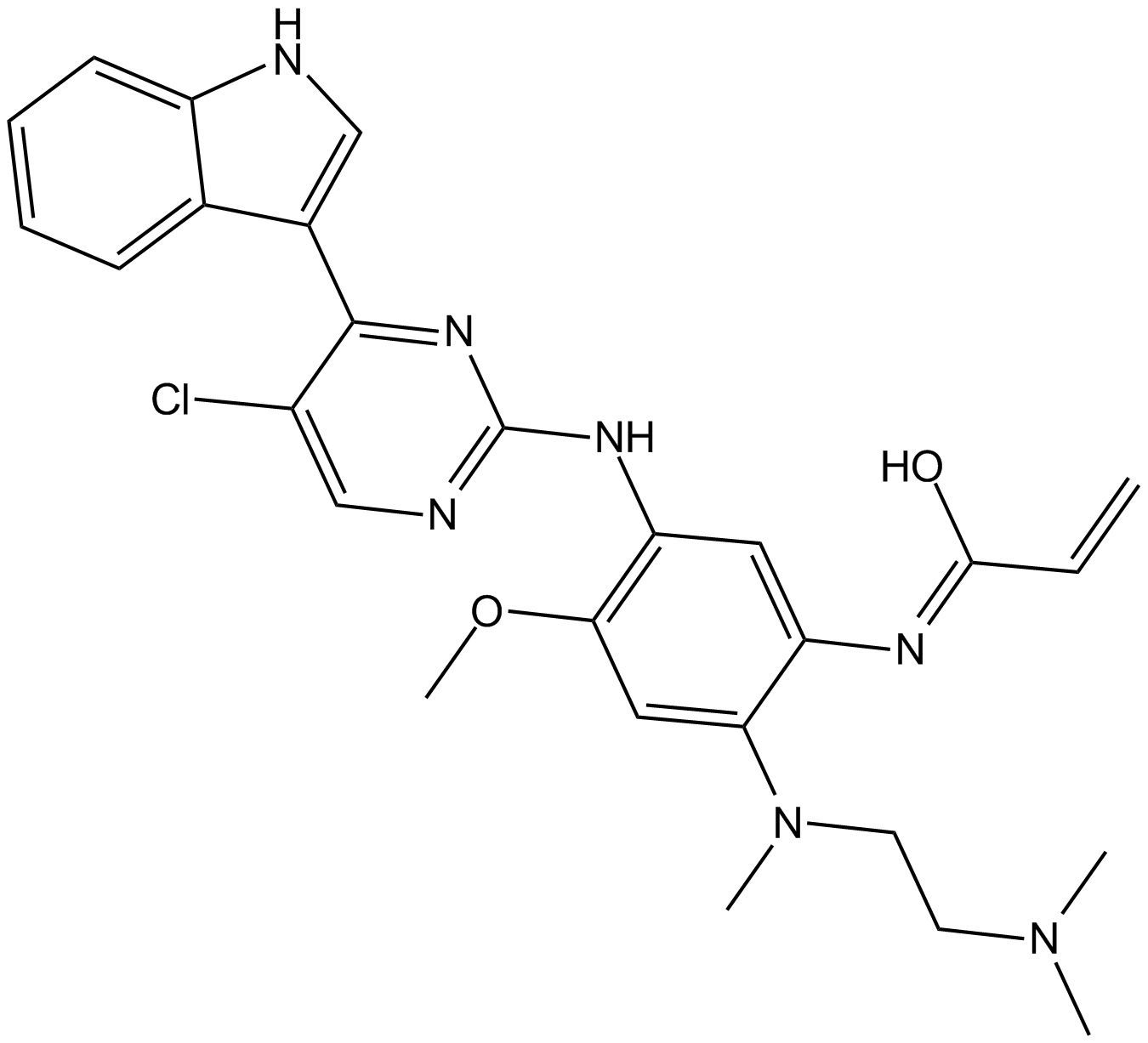 B1103 Mutant EGFR inhibitorSummary: Selective Mutated EGFR inhibitor
B1103 Mutant EGFR inhibitorSummary: Selective Mutated EGFR inhibitor -
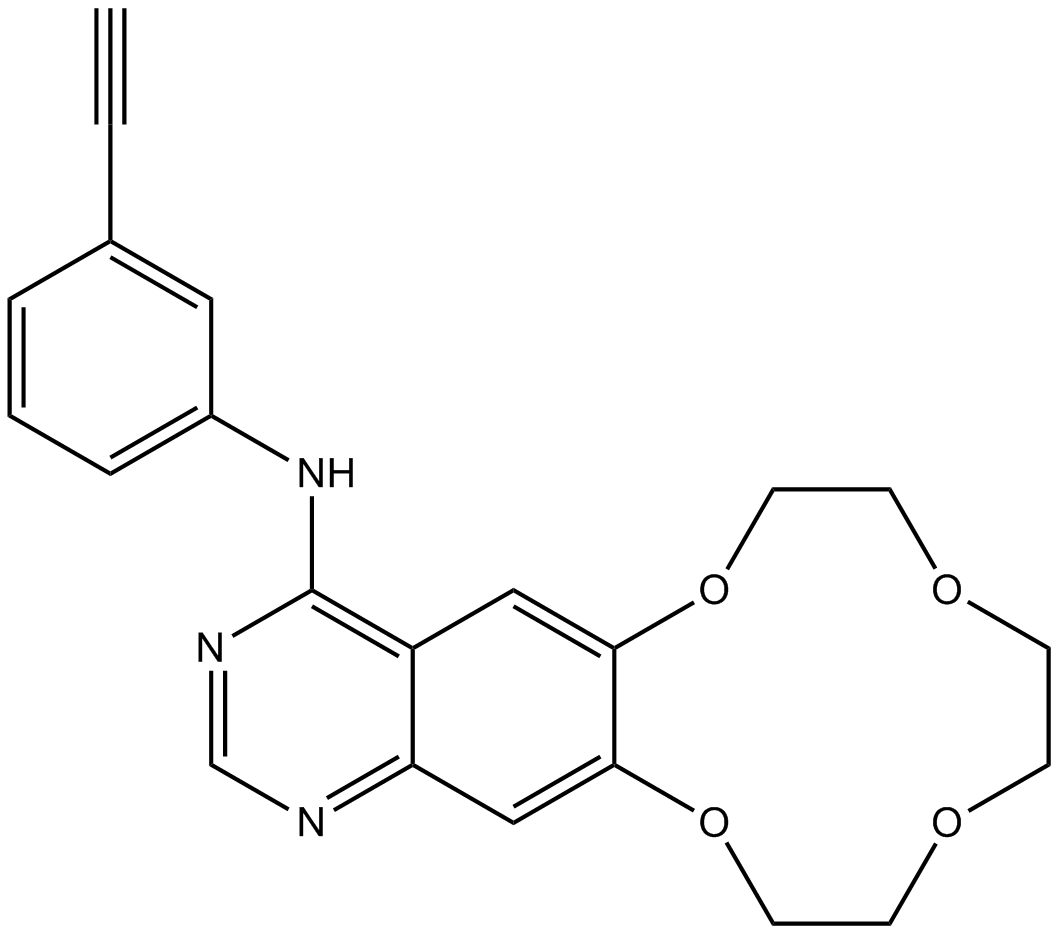 B1496 IcotinibSummary: EGFR tyrosine kinase inhibitor
B1496 IcotinibSummary: EGFR tyrosine kinase inhibitor -
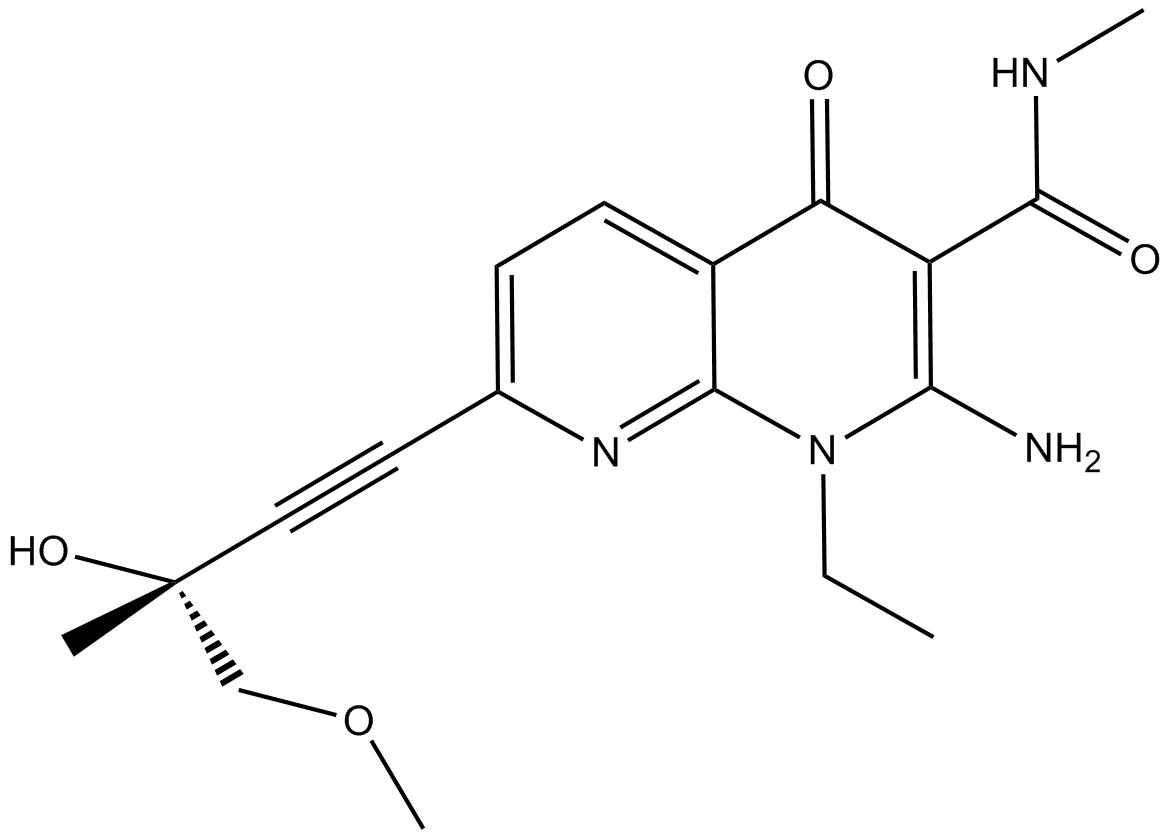 B2301 SAR131675Summary: VEGFR3 inhibitor,selective and ATP-competitve
B2301 SAR131675Summary: VEGFR3 inhibitor,selective and ATP-competitve

